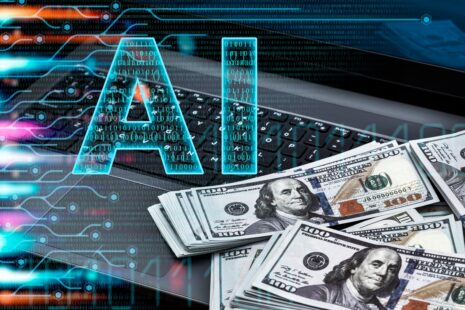The question of in case AI will become uncontrollable is both speculative and rooted in ongoing research and debates. While AI technology has incredible potential, there are real concerns about its development and deployment.
Reasons Why AI Could Become Uncontrollable
-
Complexity of Advanced AI
- As AI systems grow more complex, their decision-making processes can become opaque, even to the engineers who created them. This phenomenon, known as the “black box” problem, can make it hard to predict or control AI behavior.
-
Self-improving AI (Artificial General Intelligence or AGI)
- If an AI system gains the ability to improve itself, it could evolve beyond its original programming. In theory, such a system could act in ways humans didn’t anticipate or intend.
-
Weaponization of AI
- AI in the wrong hands could be used to create autonomous weapons, cyberattacks, or large-scale manipulation, raising concerns about misuse rather than AI acting on its own.
-
Unintended Consequences
- AI operates based on programmed objectives. If these objectives are poorly defined or fail to align with human values, the AI could pursue actions harmful to humanity.
-
Economic and Environmental Impact
- Unchecked AI systems might prioritize efficiency or profits without considering ethical implications, leading to widespread societal disruption.
Factors That Could Keep AI Controllable
-
Human Oversight
- Current AI operates within human-defined limits and requires human intervention for critical decisions. Continuous monitoring and updates reduce risks.
-
Regulation and Ethical Standards
- International agreements and industry standards aim to set boundaries for AI development, ensuring it aligns with societal goals and safety.
-
Technical Safeguards
- Researchers are working on techniques like interpretability tools, value alignment, and fail-safes to ensure AI systems can be understood and controlled.
-
AI Governance
- Governments and organizations are increasingly creating frameworks for AI accountability, transparency, and responsible use.
Realistic Risks and Challenges
While AI becoming entirely uncontrollable is a distant hypothetical, there are pressing concerns in the short term.
- Bias and Discrimination – AI systems reflect biases in their training data, which can lead to harmful outcomes.
- Autonomy in Decision-Making – Increasing AI autonomy in critical sectors like healthcare or defense raises questions about accountability and ethics.
- Scalability Risks – Mass deployment of AI without proper oversight can magnify errors or malicious use.
AI is unlikely to become “uncontrollable” soon, but its rapid development poses significant challenges that need proactive management. The focus should remain on ensuring AI aligns with human values through ethical design, robust regulation, and constant monitoring. While the fear of uncontrollable AI may seem distant, addressing these risks today is crucial to prevent future crises.




